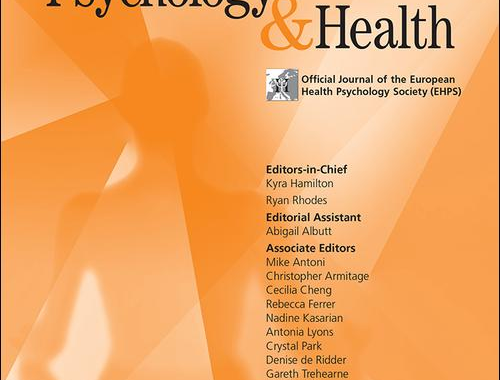
Benefit finding moderates the relationship between young carer experiences and mental well-being
Research has shown that some young carers face many negative consequences because of their caring experiences, whereas others seem to be unaffected or even report greater well-being. To understand how caring for a family member or close friend can have these different effects, this study compared benefit finding between young carers and their peers and examined its association with mental well-being.
We recruited 2,525 adolescents aged 15-21 years (59.6% female, Mage = 17.73) through the Swiss education system. They were asked to complete measures of caring experiences, benefit finding, and mental well-being. Young carers (n = 1,137), including adolescents who currently or formerly provided care, were compared to adolescents without caring experiences (n = 1,388).
Young carers had a higher level of overall benefit finding than non-carer peers, and their profiles of benefit finding differed regarding the dimensions of growth and empathy. The association between caring experiences and mental well-being was weaker when benefit finding was higher. Benefit finding dimensions were differently associated with mental well-being among young carers.
This study shows that caring is associated with benefit finding and suggests that engaging with past stressors in a positive way may promote resilience in young carers.
Published on Psychology & Health, it can be accessed here.





